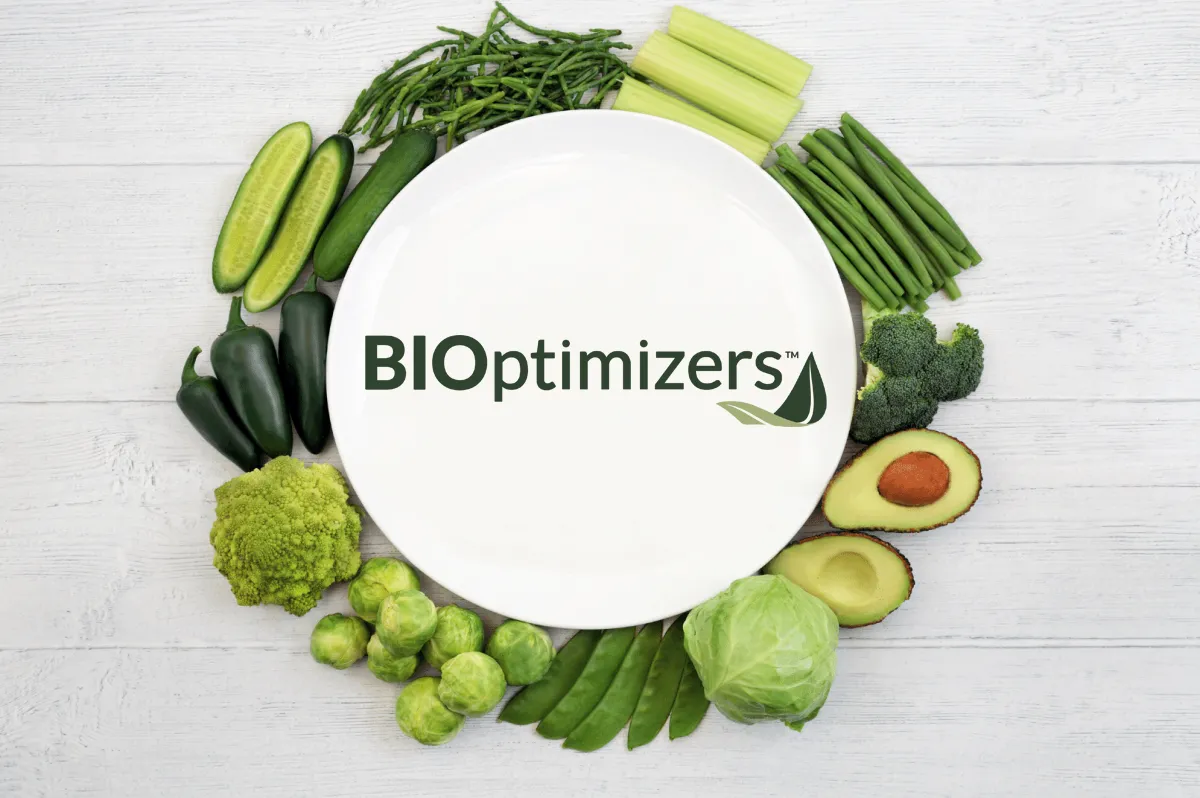
Should you try a plant-based diet? Individual factors to consider
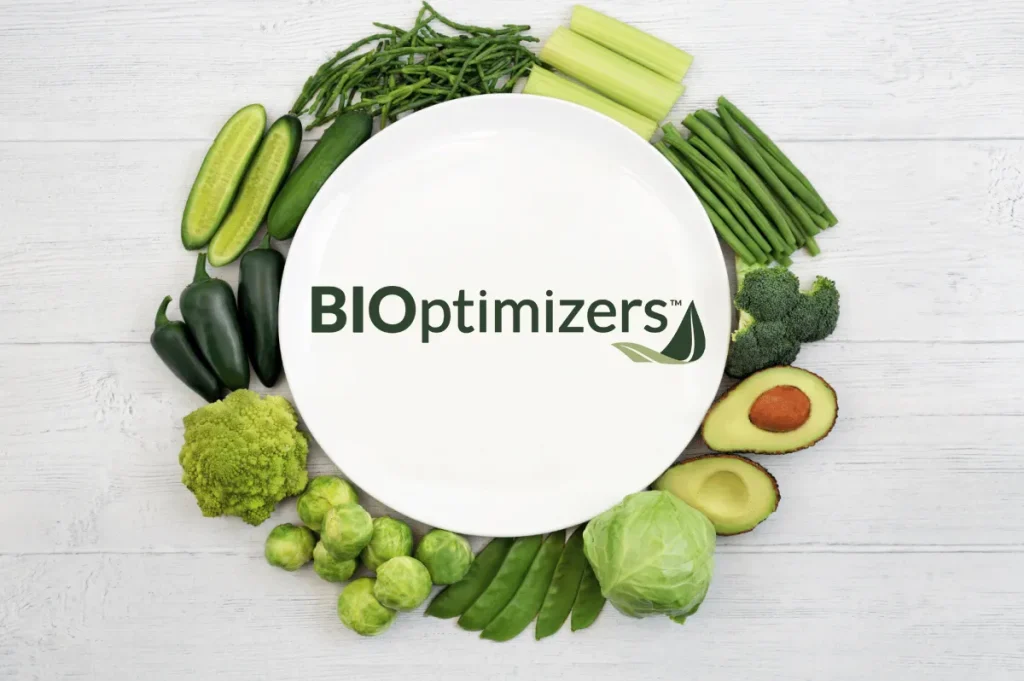
At BIOptimizers, the foundation of making nutritional decisions begins with spirituality and conscientiousness. Consider other dietary factors later because you can mitigate suboptimal nutrition with supplements and biohacks.
A plant-based diet, however, is not for everyone and it’s important to understand what works best for your body. This article will explore the factors you should consider before choosing a plant-based diet.
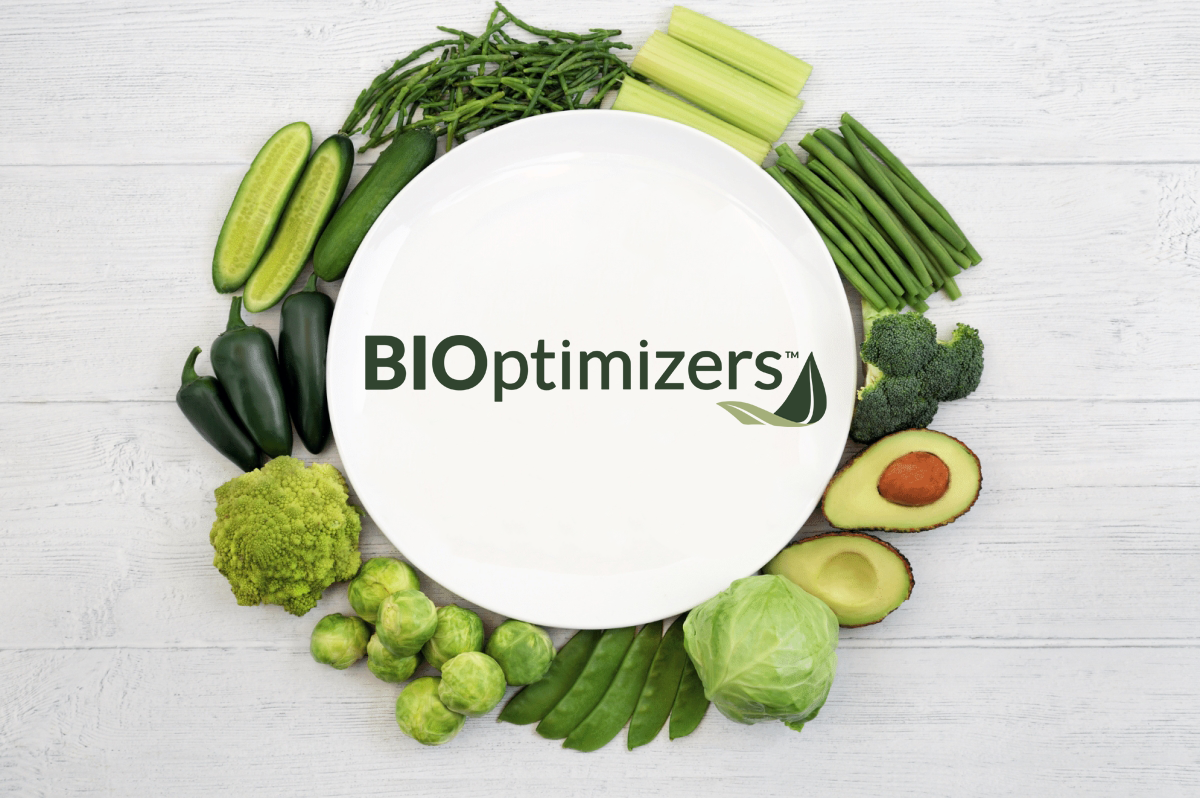
Here are the essential factors to consider:
1. Genetics And Nutrigenomics
Your genetics influence how successful a plant-based diet can be for you. Populations relying on plant-based diets have existed for thousands of years– so much so that genes evolved, making you more or less likely to do well with a plant-based diet.
Many genetic differences that can affect you can also affect your success on a plant-based diet. Here are two (of many) examples.
BCMO1 - The Vitamin A Activator Gene
Some genetic variants affect your body’s ability to convert beta-carotene into retinol (vitamin A). Plant-based diets are generally higher in beta-carotene than omnivore diets.
The gene responsible for converting beta-carotene into retinol is BCMO1. 45% of the population has weak BCMO1 variants. If you are part of this 45%, your conversion of beta-carotene into retinol may be low, leaving you vitamin A deficient.
FADS Genes - How Well Can You Convert Your Fatty Acids?
Another genetic factor is whether you have strong FADS1 and FADS2 genes. These genes produce enzymes needed to efficiently convert short-chain omega-3s and omega-6s into long-chain ones. Long-chain omegas are available either through animal sources or through FADS enzyme conversion (which is what you would be dependent on following a plant-based diet).
If your FADS genes are weak, converting short-chain omegas isn’t the only concern. You may also struggle to produce the enzymes critical for converting plant-based omega-6s into arachidonic acid necessary for:
- Brain development
- Controlling inflammation
- And building muscle
Nutrigenomic testing allows you to determine whether you have weak variants of the above genes. If it turns out you do, you may struggle on a plant-based diet, but all is not lost. You’ll have to track your vitamin A levels, and you can supplement with long-chain polyunsaturated fatty acids.
Therefore, it’s a good idea to see a practitioner or nutritionist who is well-versed in nutrigenomics before making the decision to go fully plant-based.
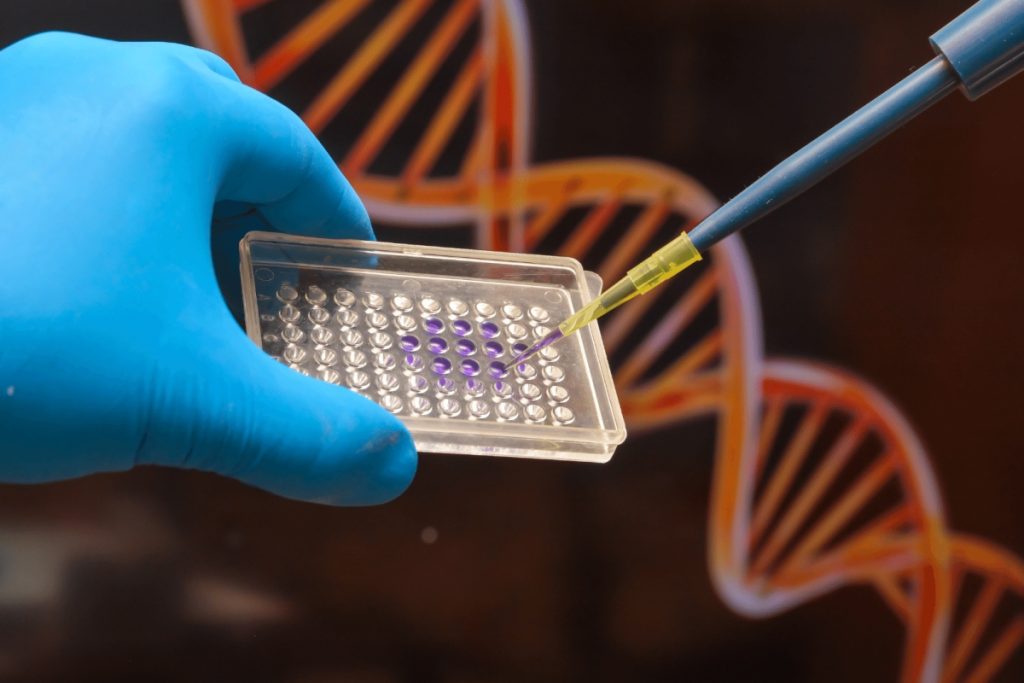
2. Food Sensitivities And Gut Issues
When you eat a plant-based diet, you are naturally increasing your exposure to plant antinutrients such as:
- Lectins found in legumes, whole grains, peppers, eggplant, and tomatoes
- Tannins found in tea, wine, and chocolate
- Phytates found in nuts, seeds, and grains
- Oxalates found in raw spinach, kale, broccoli, and soybeans
These antinutrients can interfere with your body’s calcium, magnesium, iron, and zinc absorption. Lectins, in particular, can cause issues in your gut by breaking down your intestinal walls and causing intestinal permeability and leaky gut, if you’re sensitive to them. Phytates and tannins can also affect your digestion by decreasing the production of digestive enzymes.
At the same time, antinutrients have health benefits like being antioxidant and anticancer, aiding digestion, and promoting a healthy blood sugar response. Phytates help lower cholesterol. Tannins may be antiviral, antibacterial, and antiparasitic.
The response to antinutrients is individual. Some people are very sensitive, while others thrive on them. Some signs that you are sensitive to antinutrients include:
- Nausea
- Bloating
- Headaches
- Brain fog
- Rashes
- Being nutritionally deficient
One way to test your sensitivity to foods with antinutrients is through an elimination diet. You can do this by eliminating certain foods from your diet, taking a break, and reintroducing them while keeping track of how you feel.
Being sensitive to antinutrients doesn’t mean you have to eliminate all of them from your diet completely. There are other ways to reduce the amount of your exposure. You can disable some effects of antinutrients by:
- Soaking flours, nuts, grains, seeds, and beans
- Fermenting grain flours
- Sprouting seeds
- Cooking grains, beans, and vegetables
Adding digestive support like VegZymes and HCL Breakthrough can mitigate reduced digestive capacity caused by some antinutrients, but it doesn’t mean you’re in the clear. You should still respect your body’s sensitivities and plan your meals accordingly.

3. Pre-Existing Nutrient Deficiencies
Tracking your nutrient levels on a plant-based diet is critical for optimal health. You should look out for particular nutrient deficiencies when choosing whether to maintain a plant-based diet– mainly iron, vitamin B12, and calcium.
Iron
Iron is critical because it transfers oxygen throughout the body, it’s a cofactor for multiple enzymes, and it plays a role in thyroid hormone conversion. There are two types of iron in food: heme and non-heme. Humans absorb heme iron more effectively than non-heme. The tricky part with plant-based diets is that plants only have non-heme iron.
If you follow a plant-based diet, it’s critical to ensure that your food choices are varied, well-balanced, and high in iron.
If iron deficiency is a concern for you, you may need to consume two times more iron than someone following an omnivore diet to absorb enough iron daily. You’ll also want to do everything you can to maximize your iron absorption. Consuming vitamin C and other organic acids can help you absorb more iron. Iron in the form of plant ferritin (found in legumes) is more easily absorbed if you prepare the legumes properly.
Vitamin B12
Plants do not make vitamin B12, so it’s not something you can get just from eating a plant-based diet. It’s a critical human nutrient for metabolism, pregnancy, and early development. Not getting enough can lead to neurological, immune, vascular, and inflammatory disorders. Taking a B12 supplement is critical for succeeding on a plant-based diet.
Calcium
Calcium is the most abundant mineral in your body. A deficiency can lead to:
- Decreased bone mass and density
- Increased fractured and associated risks
- Issues with blood clotting
- Muscle and nerve function
- And the regulation of key enzymes
Eating a plant-based diet makes you more likely to consume insufficient calcium. There are many sources of calcium in a plant-based diet, such as:
- Green leafy vegetables like broccoli and bok choy
- Potatoes
- Leafy greens like kale and spinach
- Beans, peas, and lentils
- Fortified cereals
- Nuts and seeds (especially almonds, sesame, and chia)
However, you must be sure to get your calcium from low-oxalate sources or prepare your foods appropriately to break them down. Remember, we already discussed the problems with antinutrients affecting your body’s ability to absorb certain nutrients, and calcium is one of them.
As you begin a plant-based diet, it’s a good idea to have your nutrient levels and bone density checked and re-checked annually. You can correct the above deficiencies by eating fortified foods or taking a supplement. Proper planning allows you to have your plants and eat them, too, without experiencing health concerns.
4. How You Feel On The Plant-Based Diet After A Week, A Month, And A Few Months
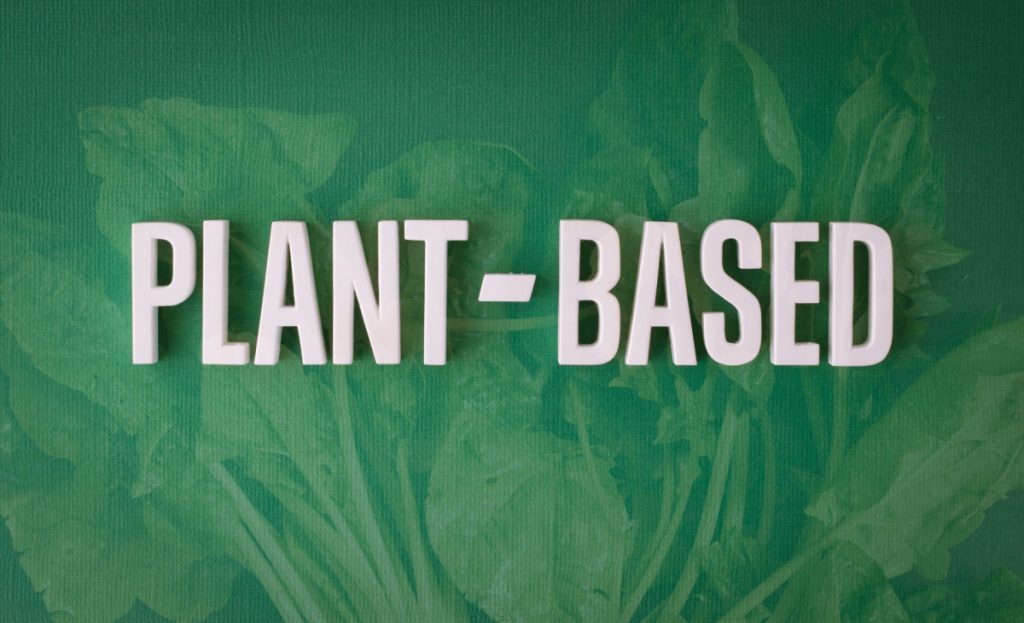
When you start eating a plant-based diet, you’ll likely feel great. You may lose weight and have more energy. The toxins in animal products such as pesticides, heavy metals and antibiotics will quickly decline, and your gut health will improve.
People who eat a plant-based diet have a more diverse gut flora and a healthier balance in Bacteroidetes and Firmicutes.
Over time, however, you may start to develop symptoms of nutrient deficiencies and food-related inflammation. For example, your vitamin B12, iron, and vitamin A levels may become low, which can create a problem for you. Remember, plants don’t have vitamin B12, and if your genetics don’t favor a plant-based diet, you might have trouble converting your food into vitamin A.
Make sure to take a balanced approach to your diet. If you’re not feeling your best, you may need to make some exceptions. The goal is for you to feel your optimal best. There is no “one-size-fits-all” when it comes to dieting, and you have to figure out what’s best for your body.
5. Autoimmunity Tendency And History Of Toxic Mold Exposure
A plant-based diet might not be a good fit for you if you have underlying genetic susceptibility toward autoimmunity or a history of toxic mold exposure. In both cases, your immune system will be more likely to react negatively to plant substances such as lectins and oxalates.
We’ve talked about the anti-nutrient lectins already. They’re found in all plants, but are highest in raw legumes and whole grains. Lectins can contribute to autoimmunity by causing leaky gut and activating an inflammatory response. If you're already more reactive, it could be the trigger that tips over your immune system. Lectins are so connected to autoimmune disease that limiting lectin exposure can put some people suffering from autoimmune disease into remission.
Toxic mold exposure can cause you to have hypersensitive or exaggerated responses to any allergen, especially if you’re genetically susceptible. Almost 50% of US homes and 85% of buildings nowadays have water damage, making mold exposure quite common. Also, mycotoxins are mold toxins and are commonly found in over 25% of the world’s crops, such as:
- Cereals
- Nuts (including nut milk)
- Fruits/dried fruits
- Herbs and spices
- Grains
- Pulses (such as beans, lentils, and peas)
The above foods make up a large part of a plant-based diet and increase your exposure level. When consumed, they can cause acute or chronic toxicity. If you are already sensitive to mold, you are more likely to experience a reaction. Mycotoxins are particularly tricky because cooking does not always kill them.
A plant-based diet can increase your exposure to foods that cause an immune response. Know your limits and plan accordingly.
Takeaway
Following a plant-based diet has excellent health benefits, but it’s essential to be aware of factors that may affect your success, adverse reactions, and effectiveness for your body. If you decide to make the change, keep in mind the following things:
-
- Give yourself space to make adjustments for your health rather than staying on a strict plant-based diet
- Get your nutrient levels checked regularly
- Incorporate digestive support like VegZymes and HCL Breakthrough
- Prepare your food properly by cooking, soaking, sprouting, and fermenting
Learn more about the risks and benefits of a plant-based diet in this article.
Our Nutrition Bible– the most balanced book on nutrition to help you succeed on any diet for life– is now available.
References
- Rauma AL, Mykkänen H. Antioxidant status in vegetarians versus omnivores. Nutrition. 2000;16(2):111-119. doi:10.1016/s0899-9007(99)00267-1
- Lietz G. Do genetic polymorphisms in a beta-carotene metabolising key enzyme influence dietary Vitamin A requirements? UK Research and Innovation. Accessed January 12, 2023. https://gtr.ukri.org/projects?ref=BB%2FG004056%2F1
- Leung WC, Hessel S, Méplan C, et al. Two common single nucleotide polymorphisms in the gene encoding beta-carotene 15,15’-monoxygenase alter beta-carotene metabolism in female volunteers. FASEB J. 2009;23(4):1041-1053. doi:10.1096/fj.08-121962
- Mathias RA, Pani V, Chilton FH. Genetic variants in the FADS gene: Implications for dietary recommendations for fatty acid intake. Curr Nutr Rep. 2014;3(2):139-148. doi:10.1007/s13668-014-0079-1
- Popova A, Mihaylova D. Antinutrients in plant-based foods: A review. Open Biotechnol J. 2019;13(1):68-76. doi:10.2174/1874070701913010068
- Craig WJ, Mangels AR, Fresán U, et al. The safe and effective use of plant-based diets with guidelines for health professionals. Nutrients. 2021;13(11):4144. doi:10.3390/nu13114144
- Niklewicz A, Smith AD, Smith A, et al. The importance of vitamin B12 for individuals choosing plant-based diets. Eur J Nutr. Published online 2022. doi:10.1007/s00394-022-03025-4
- Yang J, Punshon T, Guerinot ML, Hirschi KD. Plant calcium content: ready to remodel. Nutrients. 2012;4(8):1120-1136. doi:10.3390/nu4081120
- Medawar E, Huhn S, Villringer A, Veronica Witte A. The effects of plant-based diets on the body and the brain: a systematic review. Transl Psychiatry. 2019;9(1):226. doi:10.1038/s41398-019-0552-0
- iao Z, Du W, Xiao C, et al. Gut microbiota signatures of long-term and short-term plant-based dietary pattern and cardiometabolic health: a prospective cohort study. BMC Med. 2022;20(1):204. doi:10.1186/s12916-022-02402-4
- Gong T, Wang X, Yang Y, et al. Plant lectins activate the NLRP3 inflammasome to promote inflammatory disorders. J Immunol. 2017;198(5):2082-2092. doi:10.4049/jimmunol.1600145
- Gundry SR. Abstract P238: Remission/cure of autoimmune diseases by a lectin limite diet supplemented with probiotics, prebiotics, and polyphenols. Circulation. 2018;137(suppl_1). doi:10.1161/circ.137.suppl_1.p238
- Kraft S, Buchenauer L, Polte T. Mold, mycotoxins and a dysregulated immune system: A combination of concern? Int J Mol Sci. 2021;22(22):12269. doi:10.3390/ijms222212269
- Prevalence of building dampness. Lbl.gov. Accessed January 12, 2023. https://iaqscience.lbl.gov/prevalence-building-dampness
- Alshannaq A, Yu JH. Occurrence, toxicity, and analysis of major mycotoxins in food. Int J Environ Res Public Health. 2017;14(6):632. doi:10.3390/ijerph14060632
